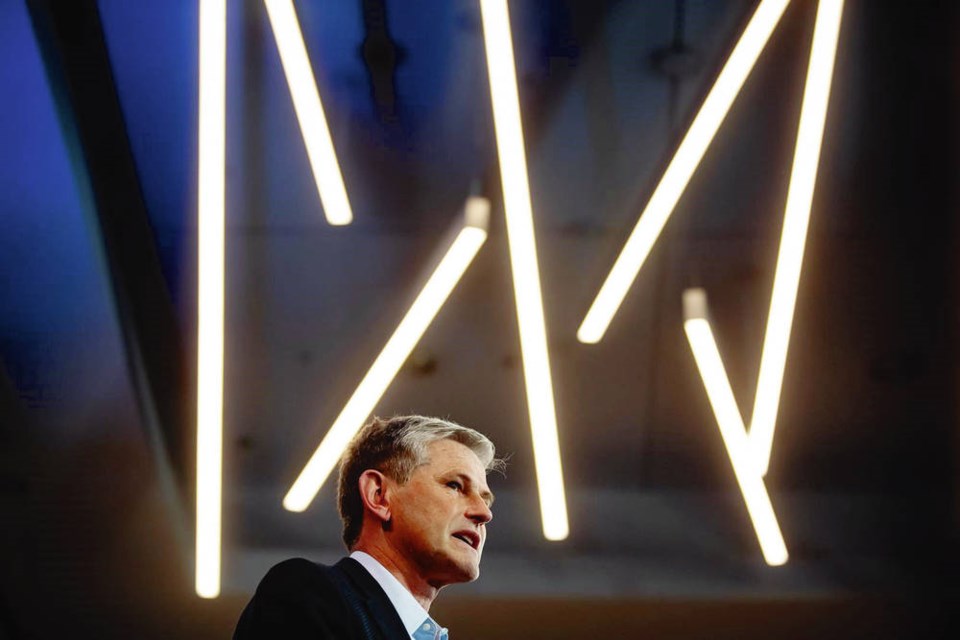As the provincial election campaigns reaches the mid-way point, the question arises, can’t anyone here play this game?
That quote is usually attributed to long-time New York Mets manager Casey Stengel, but it certainly applies.
No sooner had the writ been dropped than Liberal leader Andrew Wilkinson drove into the ditch with a head-scratching promise to dump the speculation tax.
Two problems with that. First, no one cares, except a bunch of off-shore Chinese investors who’ve been buying up homes in Vancouver as an investment hedge.
Less than one one per cent of British Columbians will pay the tax. This is an election winner?
More to the point, Wilkinson drove into this ditch right at the start of the campaign. Here was his opportunity to define, on his own terms, what the election was about.
What he should have been saying, and kept saying at every opportunity, is that this is an election no one wants, that it’s nothing more than bare-faced opportunism. That should be his defining message, and Wilkinson abandoned it far too soon.
Next he went further off cue, ripping the NDP for failing to build enough affordable housing. Fair enough, you might say. But when it provoked the obvious rejoinder, what would the Liberals do, Wilkinson had no answer.
But his biggest face plant came with a promise to eliminate the provincial sales tax for 12 months, then move it to three per cent in year two. Currently it sits at seven per cent.
This is electoral incompetence on a staggering scale. Wilkinson argued it would restart the economy.
No, it won’t. But what it will do is wreck the province’s finances. Before the COVID-19 outbreak, the sales tax brought in around $7.5 billion.
I imagine that will have fallen off somewhat, as whole sectors of the business community are struggling.
But you could reasonably put the impact at $6 billion in year one. Add that to the existing deficit of $14 billion, and you dig a $20-billion hole. How do we get out of that?
More importantly, restoring our finances should have been a major talking point for the Liberals. It’s their clearest distinguishing feature when campaigning against a spendthrift NDP administration.
Then we had Green leader Sonia Furstenau abandoning her most potent issue — the NDP tearing up its four-year deal with her party — to go off on a tangent about $10 a day daycare.
You have to wonder what’s going on here.
Usually opposition parties don’t win elections. Governments lose them, either through ineptitude, or because they’ve been around too long. The latter happened to Christy Clark’s Liberals, who had ruled for 16 years.
But here, the roles are reversed. The NDP enjoyed, at the start of the campaign, a huge lead in the polls — 19 points, to be exact.
And John Horgan was one of the most popular premiers in the country. His government was widely admired for the way it handled the COVID crisis.
Properly managed, this was not an election the governing party had to win. It is an election the opposition parties had to make them lose.
But by going off message right from the start, Wilkinson and Furstenau discarded their best weapons.
Failing a spectacular screw-up by Horgan and his colleagues, it’s hard to see how either recovers.



